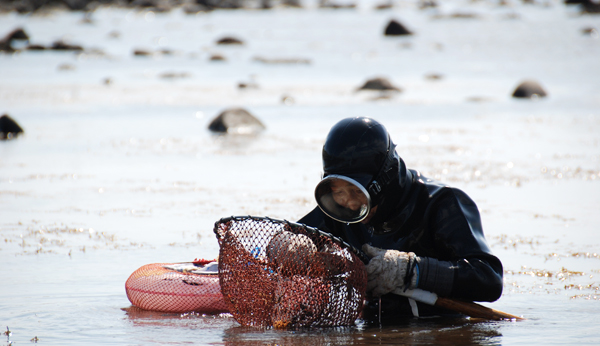Faculty
Haemi PARK
Profie
Born in Seoul, Republic of Korea. Graduated from Chiba University, and obtained Ph.D (Engineering) from Tokyo University. Work experiences include Ulsan National Institute of Science and Technology (UNIST), Institute of Industrial Science of the University of Tokyo, and Japan Aerospace Exploration Agency (JAXA) before joining Sophia University.
Introduction to Park’s Research Activities
My specialty is environmental remote sensing. Research interests are sustainability of forests, carbon and water balance in wetlands, soil moistures, disaster monitoring, and effects of human activity (i.e., forest logging, and wildfires). In detail, forest primary productivity, soil respiration in wetlands were estimated by combining spatial distributions of land and meteorological conditions. Wildfire–induced carbon emissions were modeled using thermal infrared. Furthermore, climate classification, and near-surface relative humidity have been demonstrated by using AI techniques.
Education and research focus at GENV
The advantage of using remote sensing is that the Earth can be observed with uniform accuracy regardless of national borders. Our lab focuses on environmental issues related to terrestrial ecosystems and human activities, and is inspired to assist the realistic solutions of them. Advanced knowledge of remote sensing, and quantitative and qualitative analysis ability with social scientific point of view will be focused to be understood.
What can students learn from taking Park’s courses?
Students will broaden their knowledge about biogeochemistry of forest ecosystem, recent environmental issues in forests, applications of satellite-based data, and computing skills of image processing. Deepening the comprehensive understanding for nature and human interactions can be expected.
Research Seminar Synopsis
“Environment×Satellite Remote Sensing” is the main theme. Research topic will be decided by answering to the requirement of students. Seminar will be designed for providing active communications through presentation of research, literature review, and expert feedback.







